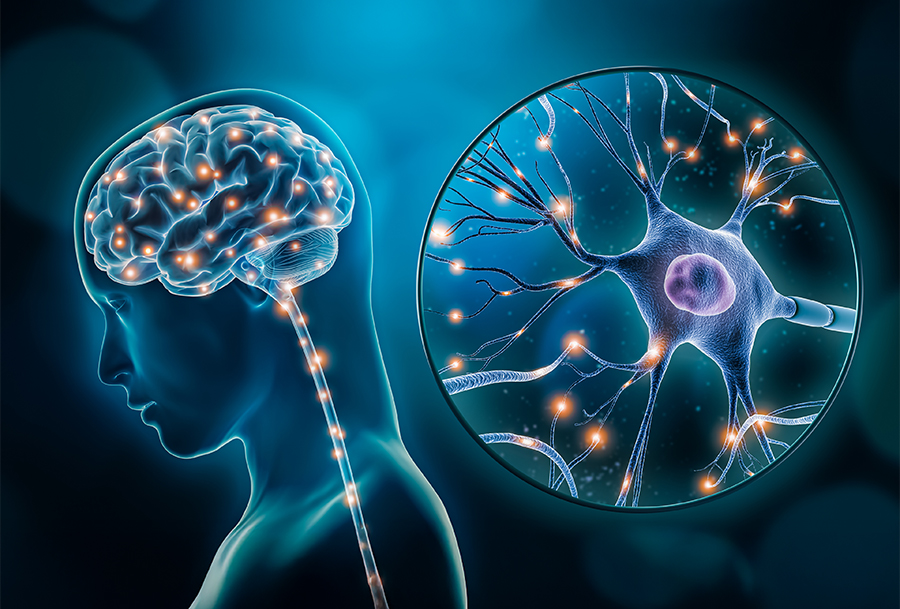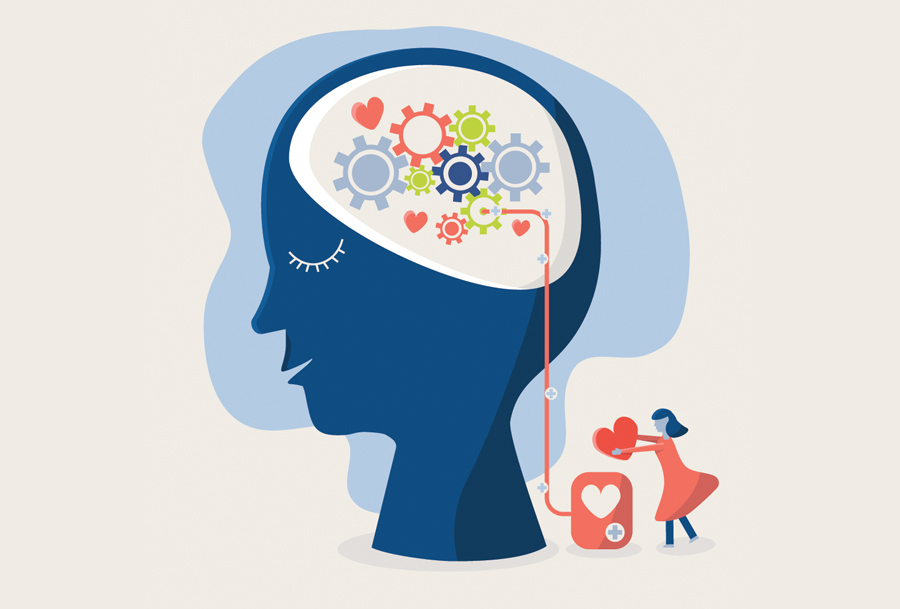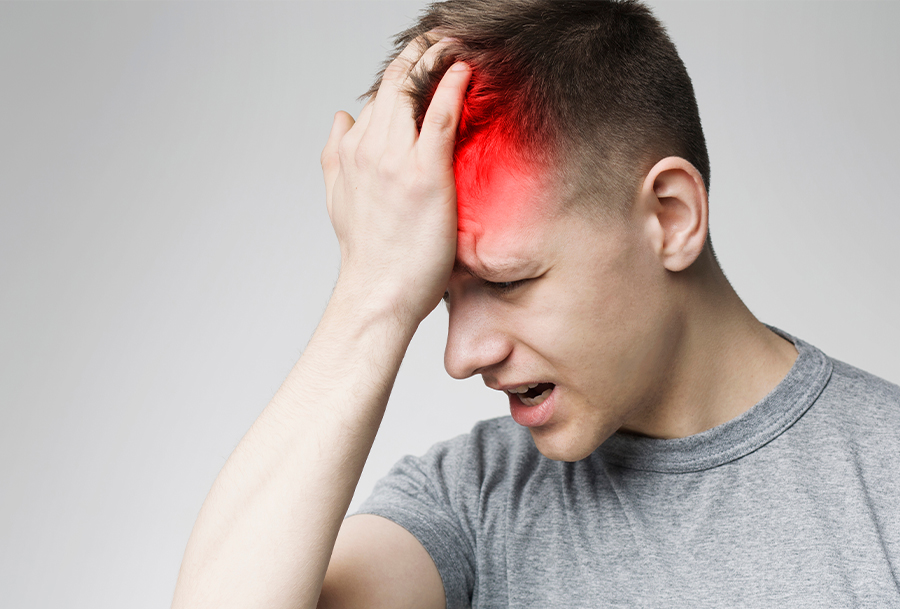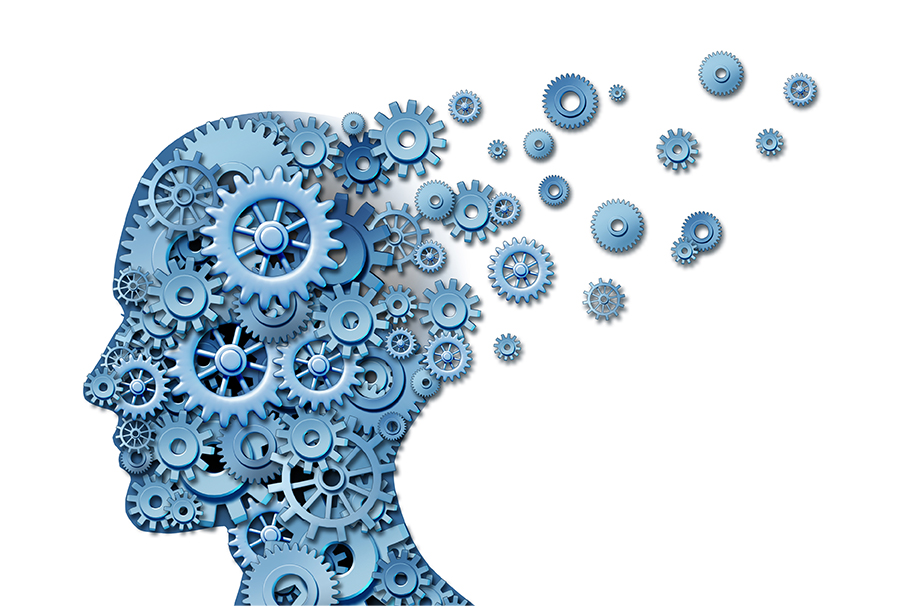What We Treat

Neurological Symptoms
Our team of neurologists and specialists provides comprehensive care for neurological symptoms, offering advanced testing, diagnosis, and treatments designed to improve quality of life

Mental Health Conditions
With psychiatrists, psychologists, therapists, and counselors on staff, we deliver personalized treatment for a wide range of mental health conditions through therapy, medication management, and supportive care.

Migraine/Headache
Our expert team, led by experienced neurologists and psychiatrists, utilizes cutting-edge diagnostic tools and personalized treatment plans to identify and address the root causes of your pain.

ADHD
Our team of experienced psychiatrists and mental health professionals uses the latest diagnostic tools to accurately assess ADHD in both children and adults.

Memory Issues
Our memory care specialists evaluate and treat concerns related to dementia, Alzheimer’s, and other cognitive conditions with therapies, medication options, and compassionate support for patients and families.




